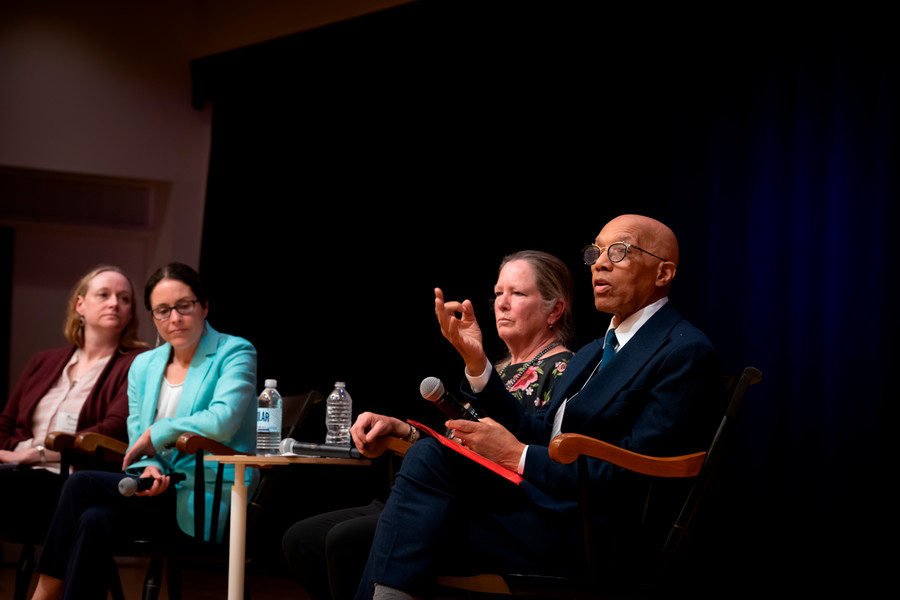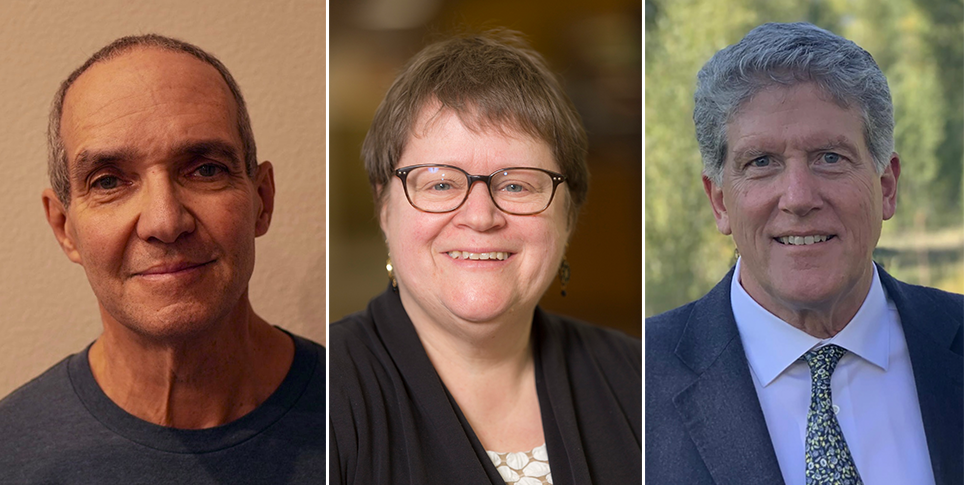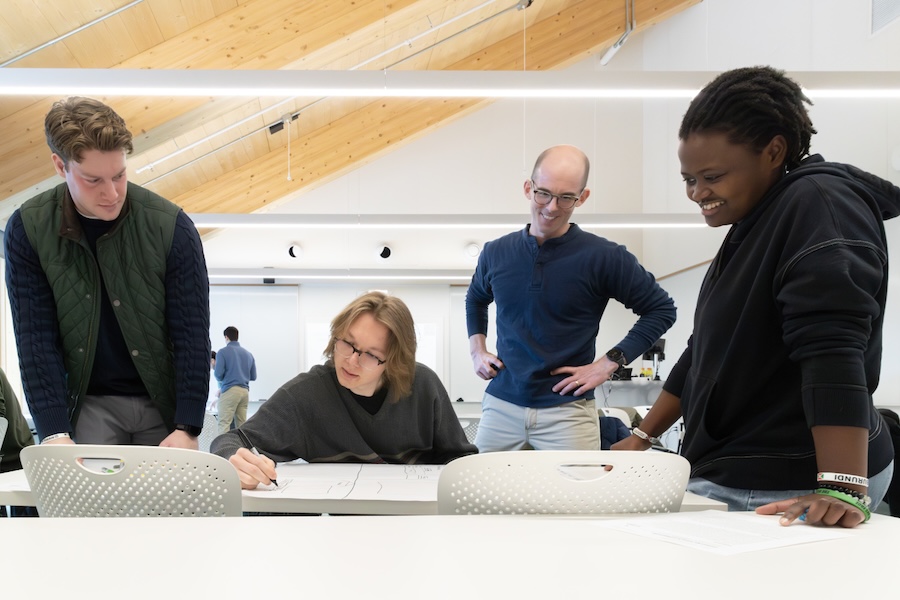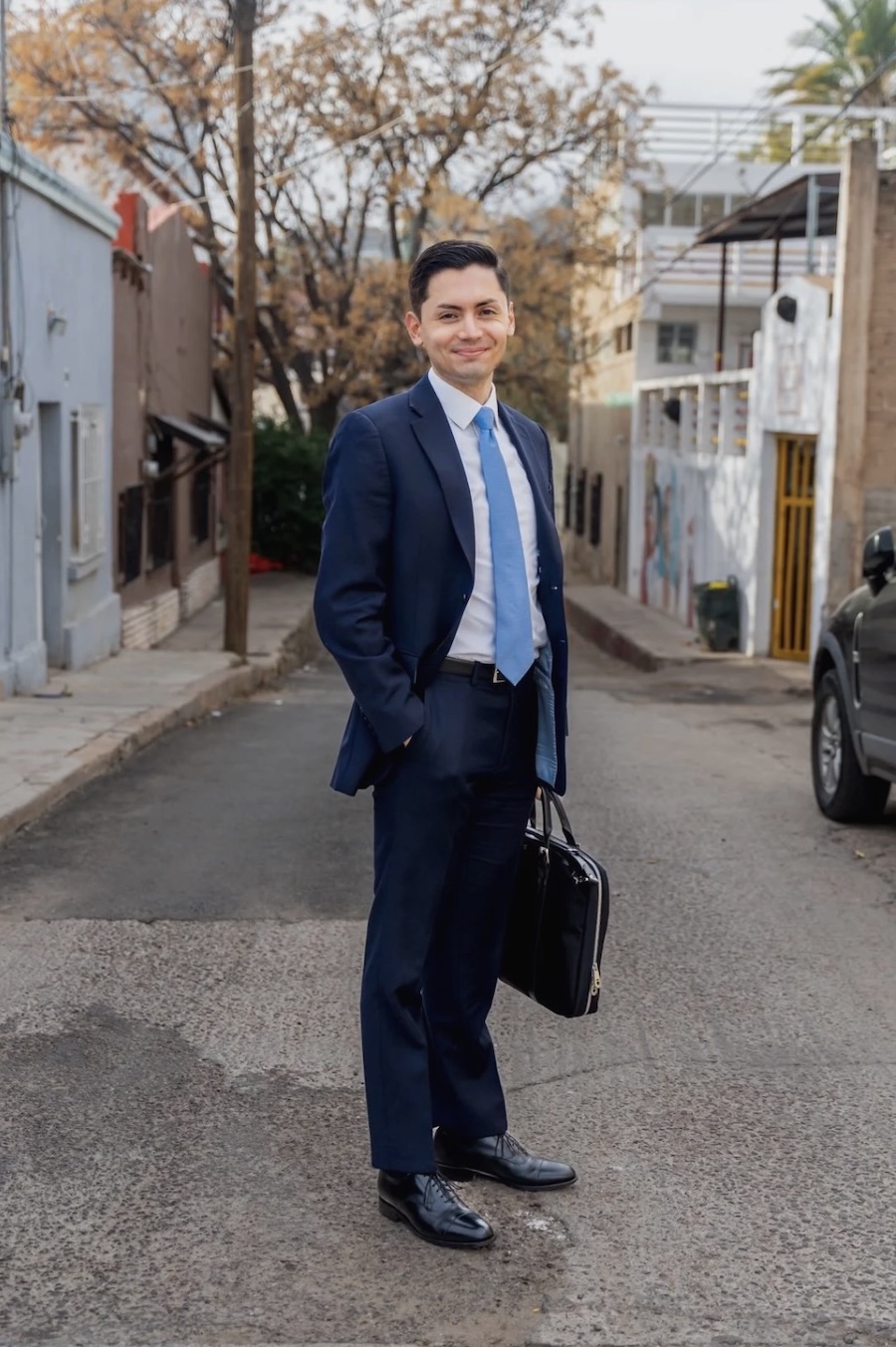What Does the Common Good Look Like?
By Tom PorterIt was a chance encounter on the streets of New York City that changed the direction of his life, recalled George Khaldun ’73, addressing fellow Bowdoin graduates at a recent Reunion event.

With a background in education and community development after Bowdoin, Khaldun wound up at Columbia University’s graduate school in 1988, where he studied educational policy. He had just attained his master’s degree, he said, and was planning on going to Washington, DC, to work on education and housing issues at a policy level.
This was when he bumped into fellow Polar Bear Geoffrey Canada ’74, H'07, who persuaded Khaldun to work more at the grass roots level and join him in setting up the Harlem Children’s Zone (HCZ) in 1990. A groundbreaking nonprofit, HCZ has achieved remarkable outcomes for Black children and teenagers in inner-city New York by helping families break the cycle of poverty. “Housing was in disarray, and so was the education system,” said Khaldun, “with high numbers of Black kids dropping out of school and very few going on to college. There was a whole host of interlocking problems,” he recalled. The first thing HCZ did was start collecting data and develop a ten-year plan. “One of the first things we tackled was the health of young mothers, improving health care options for pregnant women and babies.” The result was the HCZ’s Baby College, a program to teach new and expectant mothers and caregivers about early childhood development.
Another challenge Khaldun remembered tackling was the prevalence of asthma among children, something that was contributing to very high rates of school absenteeism and failing grades at school. Working with Columbia University’s Mailman School of Public Health, HCZ identified environmental pollution in much of the housing, particularly rodent infestation, which is a significant trigger for asthma. “We developed a strategy that involved working with landlords to tackle the rodent problem by using new, more scientific cleaning techniques.” Within three years, said Khaldun, absentee rates had dropped notably, and grade scores were much improved.
HCZ now supports more than 22,0000 children and their families in New York City through its cradle-to-career programming. Such has been the organization’s success that in 2009 President Obama unveiled plans to duplicate the HCZ approach in up to twenty cities across the nation.
Khaldun, who left HCZ in 2015 to pursue his own community-building initiatives, attended campus recently for the 2025 Reunion Weekend, where he was formally presented with the Common Good Award.
The prize is given annually by the College to alumni who have “demonstrated an extraordinary, profound, and sustained commitment to the common good, in the interest and for the benefit of society, with conspicuous disregard for personal gains in wealth or status."
"How can we use our time, our talents, our resources to make life better for those around us?" Lydia Bell ’00.
One of the highlights of the weekend was a conversation involving Khaldun and two other alumni who work in the nonprofit and community sector: Ellen Baxter ’75, H’05, a longtime advocate for the homeless who received the Common Good Award herself in 1994, and Lydia Bell ’00, director of research and policy at the NCAA, in whose name the McKeen Center issues an annual student award “for initiative in public service.” The discussion was led by McKeen Center director Sarah Seames.
“One of the most special gifts I got from Bowdoin was a Watson Fellowship,” said Baxter. This enabled her to pursue community work in Europe for a year after graduation, specifically in the city of Geel in Belgium, where there is a centuries-old communal tradition of caring for the mentally ill. Residents of the town often take people with mental disorders into their homes to look after them.
Baxter took inspiration from this inclusive, care-in-the-community model when she moved to the impoverished New York City neighborhood of Washington Heights, where for decades she worked to tackle homelessness. In 1983, she founded Broadway Housing Communities, a trailblazing nonprofit dedicated to the development of affordable housing in struggling communities. A guiding principle of the organization, which ended up running several residential buildings in New York City, was that of inclusion and tolerance. “In all our properties we include people who are in recovery from substance addictions and people living with mental illness alongside families with children.” This model, explained Baxter, creates affordable housing for healthy communities that are also learning communities where people respect and help one another.
When Lydia Bell thinks about the common good, she said, the following question enters her mind: "How can we use our time, our talents, our resources to make life better for those around us? It’s important to teach students this lesson,” she added.
After graduation, Bell stayed at Bowdoin to launch her career and in 2001 she founded the Community Service Resource Center, which went on to become the McKeen Center for the Common Good in 2008. “Our aim at the center was to help students get to know our Brunswick community better and think about how they could engage with that community. I think that's such an amazing thing to teach,” she said, “because that's hopefully something they will take with them throughout their lives.”
Read more about Reunion Weekend 2025 and enjoy this slideshow of images.



